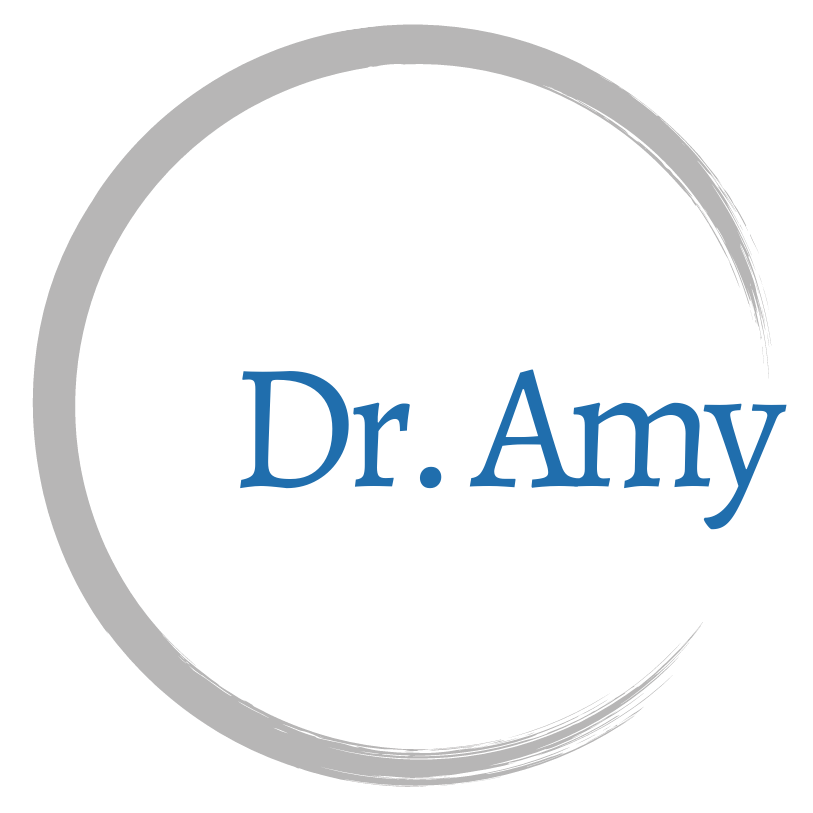Meet Dr. Amy
Hi, I’m Dr. Amy.
I’m a psychologist, but even more importantly I’m a partner and mom doing my own juggling act. I’m imperfect in my relationships too. For me, improving relationships is a life-long learning process rather than something to check off a list. When I’m not working, I love hanging out with family and friends. Our house is a gathering place - for holidays, game night, or fort building for the neighborhood kids. I’m almost always up for a board game in my free time. From a half-day strategy game with my husband to a group party game with friends or playing cards with my kids, games are one of my favorite ways to spend time with people I love. To add to my geeky hobbies, soaking up knowledge about psychology, diversity, and parenting is super interesting to me. I also really love traveling to escape the Phoenix summers and to grow from experiencing new places. That’s a little about me. I’m looking forward to learning about you.
The Professional Stuff
I’m a licensed clinical psychologist in Phoenix, Arizona. I earned a Doctorate in Clinical Psychology (PsyD) from the Arizona School of Professional Psychology at Argosy University. I’ve worked in a range of settings within the mental health field, such as schools, residential treatment, community mental health, crisis units, outpatient counseling, and corrections. In private practice, I currently work with high-achievers and those juggling it all to improve their relationships with self and others. I have the best clients, and I love my job.
Therapeutic Approaches
First and most importantly, therapy is person-centered and tailored for each person or relationship. There is no one-size fits all therapeutic approach that can address every concern. However, the therapeutic relationship (the working alliance between client and therapist) is one of the biggest predictors of success in therapy, regardless of treatment modality or goals for therapy. The therapeutic relationship is an important part of work with every client. To strengthen the therapeutic relationship, I use concepts from Person-Centered Therapy. Another approach I frequently use is Emotionally Focused Therapy (EFT). In Emotionally Focused Therapy, clients explore the underlying needs behind their emotions and organize frequent emotions to understand them better. Couples Therapy may also include concepts and modalities from The Gottman Method, which is designed to help couples reconnect, deepen intimacy, and improve communication. System Theory is also important to my work. Systems Theory highlights that it’s almost impossible to understand a person’s struggles without considering them in the context of their relationships (including people attending therapy with them as well as those not attending therapy, like children or extended family members) and the social systems in our world (like institutional racism or homophobia in our society). Therapy is tailored for the person/people coming to therapy and their goals. Therapy may rely more heavily on one approach or include an eclectic mix of these approaches. To learn more about these modalities, use the buttons below to see an overview of each one.
Nervous to Call or Email?
If you are nervous to contact me or another therapist for the first time, it’s okay. It’s totally normal to be nervous. And, there can be some benefits for feeling the nerves and doing it anyways. To learn more, check this out:


